
Keren Rosenberg, our Global Jewish Peoplehood Director, is currently staying in Israel with her family and working remotely. Keren has visited our partnership region as well as other places and programs supported by Federation. Keren, a native Israeli, who has lived in the U.S. for the past 8 years, shares the cultural differences of dealing with the pandemic, as well as the government approach. Keren observes:
Israelis are used to dealing with emergencies and extreme situations, which makes them eager to enjoy life, celebrate, and appreciate the moment. While living under strict lock-down, Israelis expressed themselves through balcony singing to connect themselves to each other and raise their spirits. The singing continues to be popular both in religious and secular cities, even among residents of Amigur, an assisted living facility for seniors, supported by Federation.
The Resurgence of Coronavirus
After the quarantine rules were relaxed in May, the virus had a resurgence. Tel Aviv feels crowded and busy — the beaches, restaurants, bars and the Shuk are crowded, but mask wearing is required and enforced. It is common in Israel for people who test positive for the COVID-19 virus to stay at hotels repurposed as quarantine facilities. Social distancing rules aren’t observed at the hotels because everyone is positive, so there’s a party-like atmosphere, despite the pandemic.
Israel also has been doing extensive contact tracing by monitoring cell phone data. Israelis get a text message if they have been in contact with an infected person, asking them to remain quarantined. The government has recently approved a “traffic light plan” for managing the pandemic, which creates an intervention model in “red” and “orange” cities.
Impact in Yokneam:
Because of the Coronavirus crisis, many people are unemployed in Yokneam. Emergency funds allocated from Atlanta are a lifeline for families who are struggling. Yokneam is beginning to develop its own philanthropic infrastructure to support local needs. For example:
- 110 computers were given to needy families in Yokneam by Israeli companies.
- The Mayor opened a bank account for funds raised by Israelis to help Yokneam families.
- The municipality is looking to hire someone who can develop relationships and funding from the factories in and around Yokneam.
- The Maof Ethiopian Family Center is doubling down on identifying new needs of the community because of the pandemic. The center helps families to find jobs and get support from organizations in the city.
- After the “Yo-Tech” group won first-place in the national competition, planning has begun for a new year. The goal is to recruit both Ethiopian and non-Ethiopian teens, to continue with app development and plan accordingly for internships in local hi-tech companies.
Impact in Megiddo:
Family empowerment in the Moshavim (agricultural communities) is the top priority. There is a focus on outdoor workshops and activities for the Moshavim‘s teens because of the pandemic. The emphasis is on intergenerational activities and activities that will serve the entire community and last for many years, such as building outdoor furniture from recycled material. The hope is that teens will take care of things they created and avoid vandalism. Kidum Noar, Megiddo’s youth at risk department, will open a new department of business-social entrepreneurship for the teens.
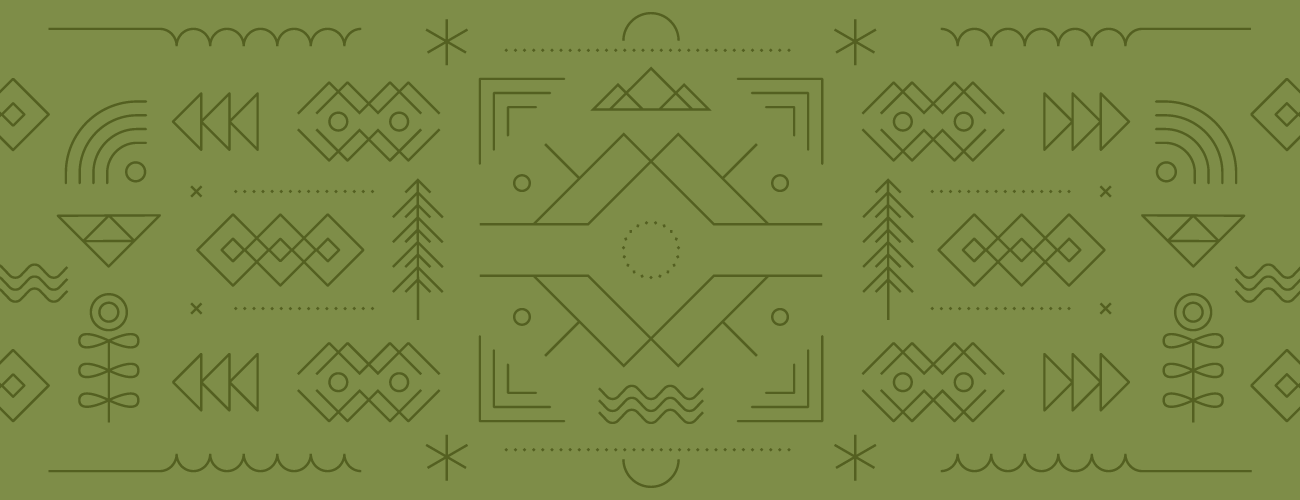
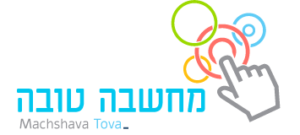
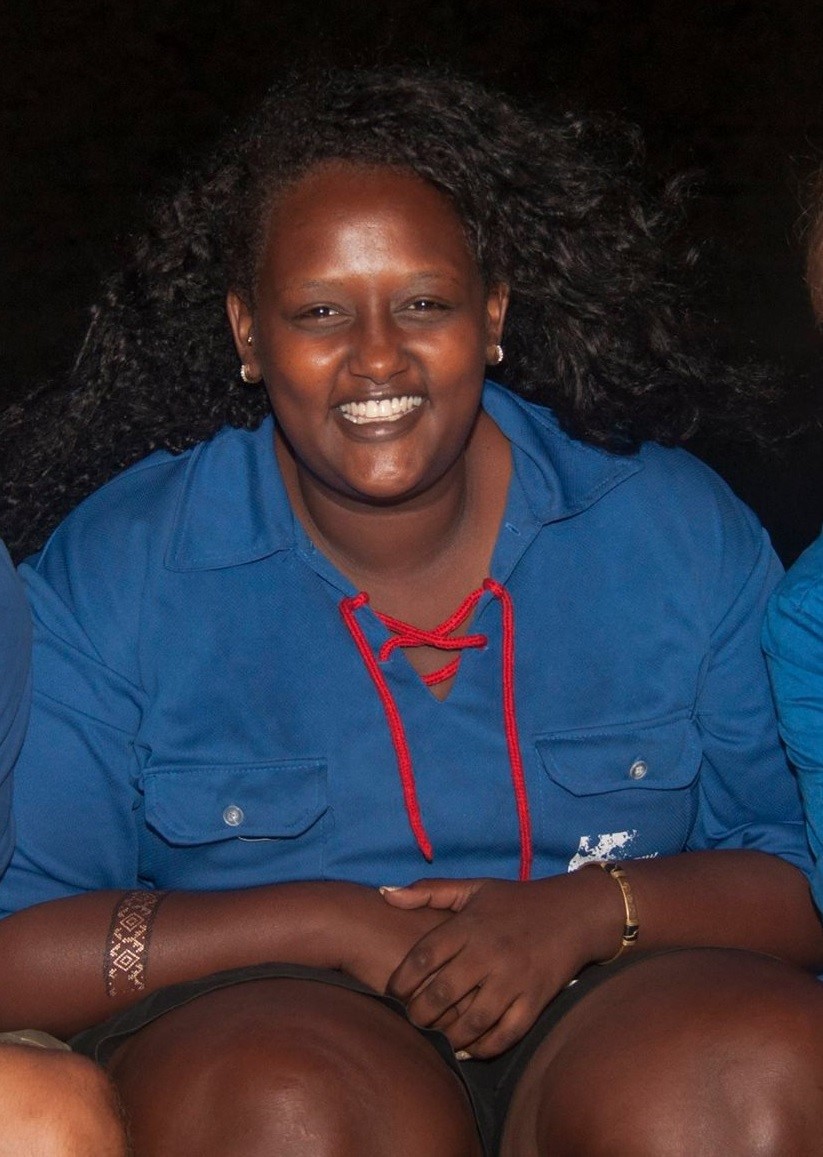
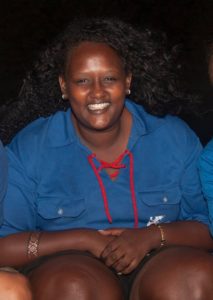 This spring, just as Americans were rising up to protest the killing of George Floyd, Michal Ilai, who heads Israel Programs at Weber was preparing an intense month of high-level Hebrew learning for her summer school students. Given the protests, she felt it was a great opportunity to engage her Hebrew students in issues of race and diversity in Israel.
This spring, just as Americans were rising up to protest the killing of George Floyd, Michal Ilai, who heads Israel Programs at Weber was preparing an intense month of high-level Hebrew learning for her summer school students. Given the protests, she felt it was a great opportunity to engage her Hebrew students in issues of race and diversity in Israel.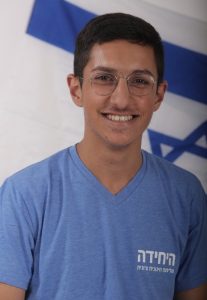
 Feeling at Home, Far From Home
Feeling at Home, Far From Home
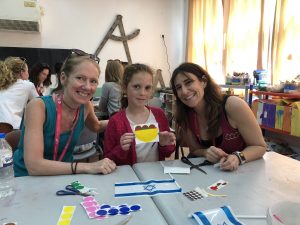
 By Juli Itzkovitz, Creative Director at Federation
By Juli Itzkovitz, Creative Director at Federation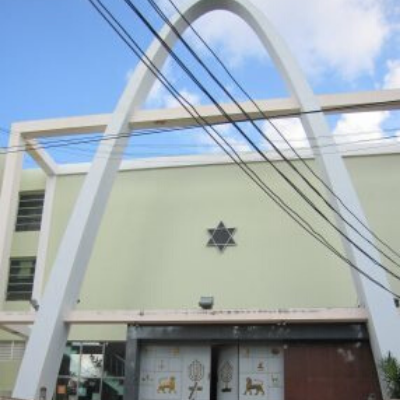
 Federation Women Support Nutrition and Education in Cuba
Federation Women Support Nutrition and Education in Cuba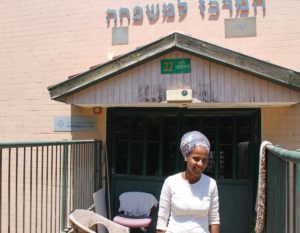
 Empowering Yokneam’s Ethiopian Families
Empowering Yokneam’s Ethiopian Families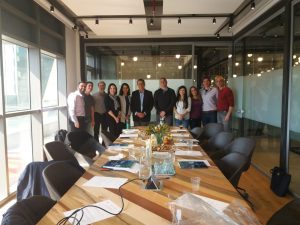
 Growing Opportunity for Israeli Teens at Risk
Growing Opportunity for Israeli Teens at Risk

